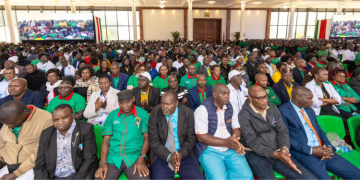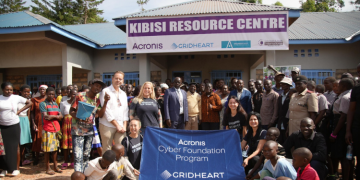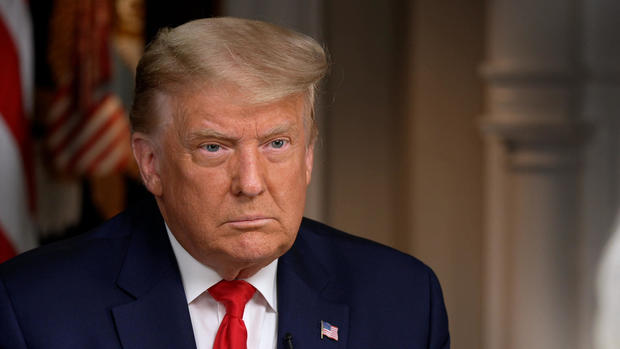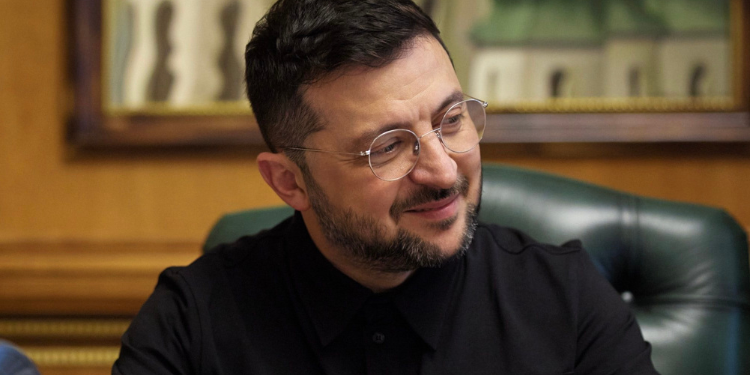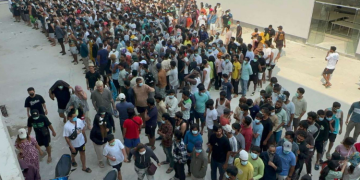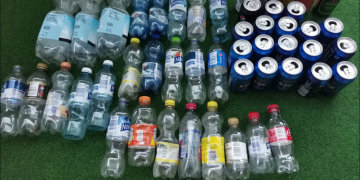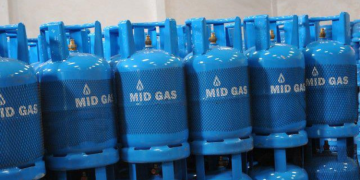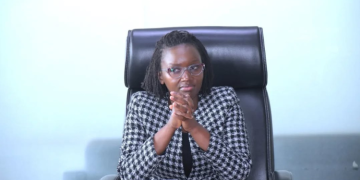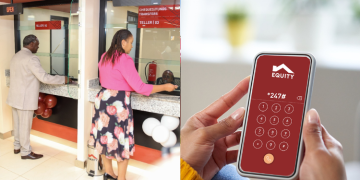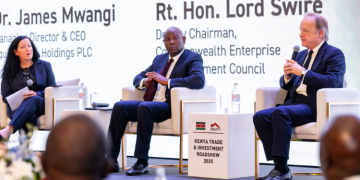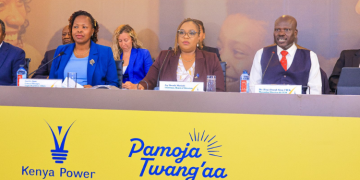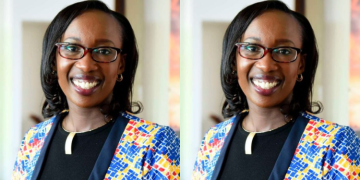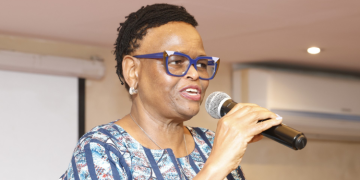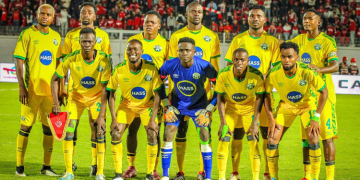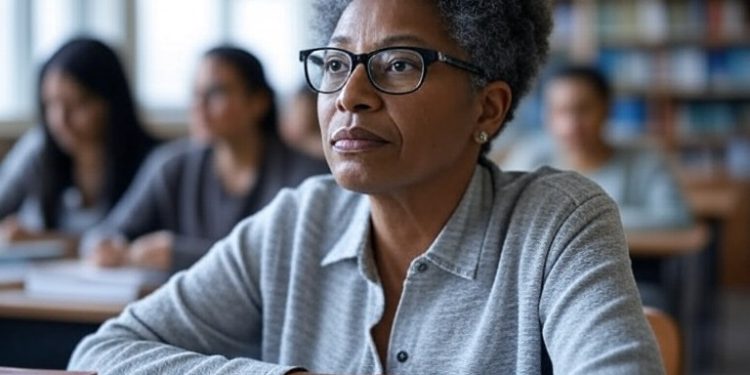The Republic of Mali is a landlocked country in West Africa. It is the eighth-largest country in Africa. The land of Mali is mostly flat and arid. The Niger River flows through the interior and serves as the primary source of trade and transportation in the country.
Mali, like many other African countries, faces severe poverty that excessively and badly affects its rural population. According to the United Nations, 49% of the Malian population lives in poverty.
On the other hand, climate change is affecting agricultural production. Women farmers often face challenges in achieving success in agriculture due to limited access to resources and education.
It is essential that recent initiatives are successful in empowering women in the agricultural sector by providing them with opportunities to play an active role in achieving the Sustainable Development Goals.
Gender inequality and traditional norms are the major challenges for women’s empowerment. Mali has a National Gender Policy (PNG-Mali), and several initiatives are augmenting the efforts to improve women’s lives, particularly in the field of education.
It’s essential to remove the barriers that prevent women from playing an active role in achieving the Sustainable Development Goals.
Also Read: Challenges That Women in Egypt Confront in Accessing Education
Limited access to education, economic disparities, healthcare, and cultural barriers should be addressed immediately for women’s full participation in society.
What Mali is doing to empower women
Mali is one of the world’s fastest-growing populations. The state of women’s health is a critical issue that needs immediate attention. The country has more than nine million women.
Women in Mali face significant challenges, including a lack of awareness about human rights, governance, economic independence, and their active role in a sustainable society.
The United Nations Development Program (UNDP) has ranked Mali in a low human development category, placing it 186th out of 191 countries and territories globally.
In 2025, efforts to improve girls’ access to basic education focus on addressing barriers such as economic challenges and insecurity.
Many international organizations are working to improve women’s education. Cowater International’s Promoting Girls’ Education in Mali (SCOFI) project is working to improve educational outcomes for adolescent girls (aged 13 to 15) in Mali.
It particularly focuses on the central region of Ségou. UNESCO and its partners are actively engaged in enhancing women’s education through various successful initiatives, including teacher training, scholarships, and projects promoting a safe learning environment.
The Way Forward:
Women’s empowerment in Mali faces significant challenges, including limited access to resources and opportunities for higher education.
Poverty and financial instability are other major barriers to women’s empowerment. It’s essential to increase access to higher education for women, particularly in rural areas.
Also Read: Reimagining Higher Education: The Entrepreneurial University as Africa’s Beacon of Hope
Financial assistance in the form of scholarships may be further strengthened to ensure the active role of women in a better society.
Similarly, parents should be encouraged to enroll girls in schools. Technical and vocational education should focus on the women’s empowerment.
Similarly, the causes of the dropout rate of girls in schools need to be addressed.
Lastly, the role of social media should be enhanced regarding women’s empowerment through education.
Follow our WhatsApp Channel and X Account for real-time news updates.

